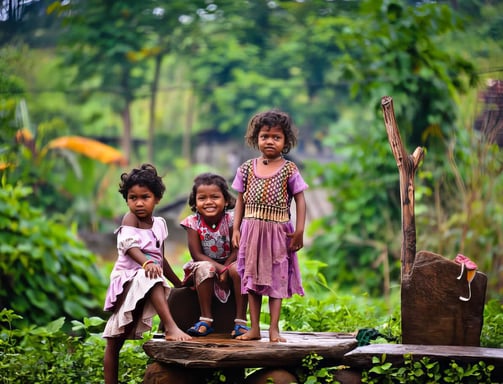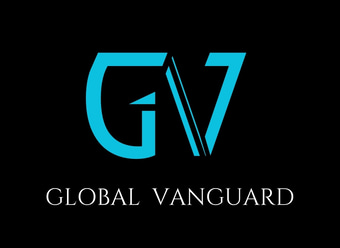Fostering Community Strength Through Sustainable Practices
Join us in fostering a sustainable and healthy future for Bangladesh's communities.
Mission Statement
Global Vanguard is dedicated to fostering sustainability and empowering communities across Bangladesh. Our mission is to drive long-term ecological balance through environmental conservation, renewable energy initiatives, eco-friendly agriculture, and efficient waste management. We also prioritize humanitarian efforts that uplift communities by providing livelihood programs, vocational training, and literacy support, enabling individuals to build self-sustaining futures. Additionally, we work to improve public health outcomes by facilitating access to clean water, promoting hygiene awareness, and ensuring essential healthcare services. Through these initiatives, Global Vanguard strives to create lasting change, paving the way for a more resilient and sustainable society.
Vision Statement
We envision a resilient Bangladesh where communities thrive in harmony with nature, supported by sustainable systems and empowered with knowledge and resources for a better future.
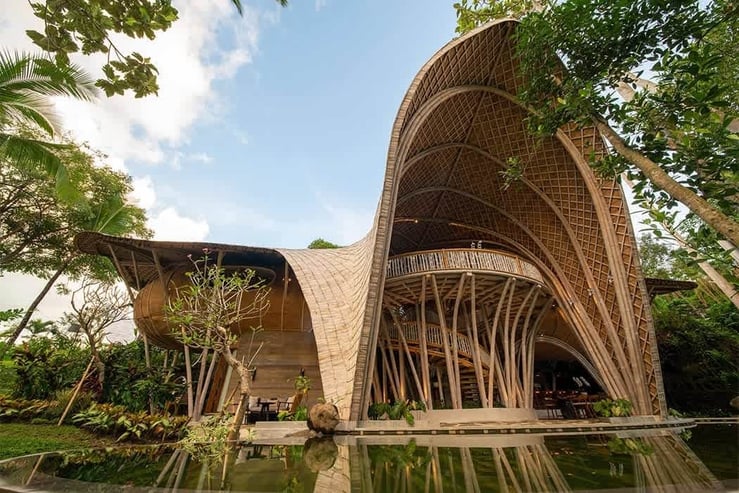

An innovative bamboo building showcasing the potential of sustainable and eco-friendly architectural design.
Primary Focus Areas
Community Empowerment Goals
Environmental conservation to protect and restore Bangladesh’s unique ecosystems
Renewable energy initiatives that deliver clean, accessible power to underserved areas
Eco-friendly agriculture promoting sustainable, climate-smart farming practices
Waste management systems built on circular economy principles to reduce pollution and maximize resource use
Humanitarian efforts addressing urgent needs and building community resilience
We uplift communities by providing livelihood programs, vocational training, and literacy support, enabling individuals to build self-sustaining futures and actively participate in their own development.
Core Principles
Our guiding principles are visualized through an engaging infographic that illustrates our holistic approach:
Environmental Conservation: Implementing strategies tailored to Bangladesh’s diverse ecosystems, from wetlands to forests
Renewable Energy: Deploying solutions that fit local needs, such as solar microgrids and biogas for rural households
Eco-Friendly Agriculture: Supporting farmers with sustainable techniques, organic inputs, and water-efficient practices
Waste Management: Establishing systems that follow circular economy models—reducing, reusing, and recycling at every stage
Humanitarian Efforts: Responding to immediate community needs, from disaster relief to health and nutrition support
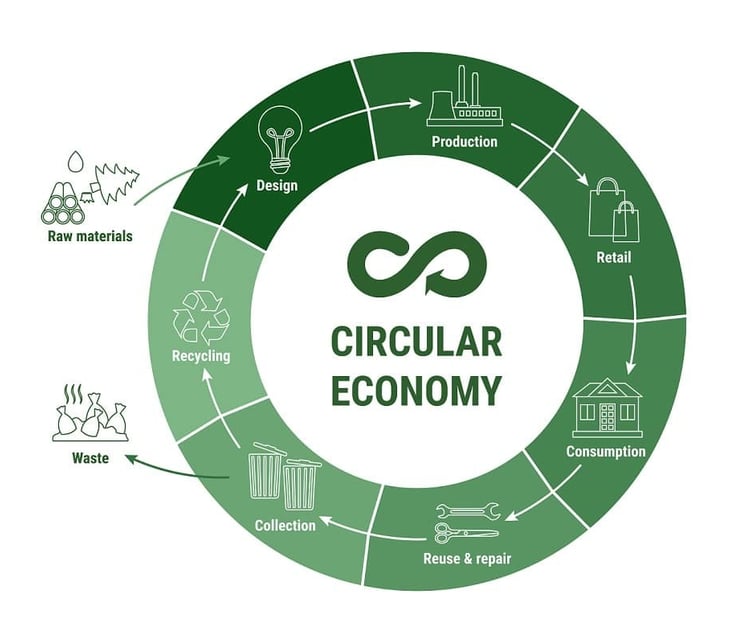

A diagram illustrating the cyclical process of a circular economy
Implementation Strategy
Our methodology for project implementation is transparent and participatory, represented in a clear process diagram:
Planning: Engage communities and stakeholders to assess needs and co-design solutions, including thorough environmental assessments
Community Assessment: Use participatory protocols to identify specific needs, priorities, and opportunities within each community
Resource Mobilization: Build partnerships with local organizations, government agencies, and donors to secure funding and expertise
Implementation Timeline: Follow a structured timeline with defined phases—pilot, scale-up, monitoring, and evaluation—to ensure accountability and adaptability
Diagram suggestion: A step-by-step flowchart from initial planning to post-implementation review, highlighting feedback loops and community involvement.
Community Engagement
We believe in authentic, grassroots engagement, documented through photo stories and testimonials:
Local Partnerships: Collaborate with established community organizations to ensure culturally relevant and locally owned solutions
Volunteer Programs: Offer structured opportunities for both international and local volunteers to contribute skills and learn from the field
Capacity Building: Run workshops and training sessions to transfer knowledge, build leadership, and foster long-term self-reliance
Photo suggestion: A community meeting in rural Bangladesh, with local leaders facilitating a training session for women and children.
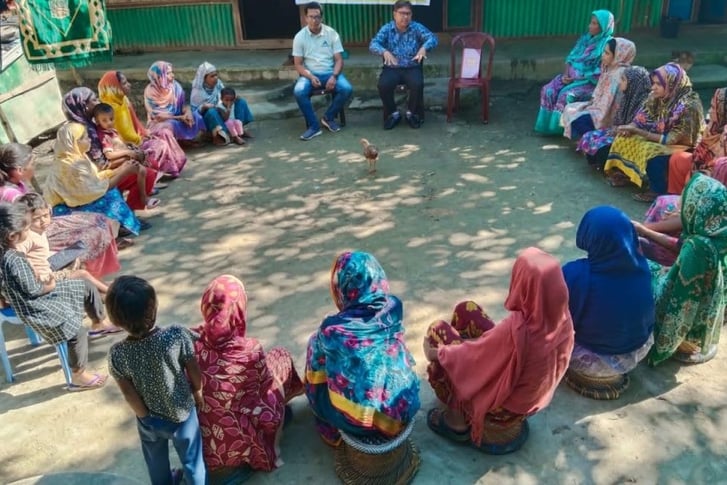

A community meeting in rural Bangladesh, where two men lead a training session for local women and children
Impact Framework
Our impact is measured with rigor and transparency, using data visualizations to communicate progress:
Metrics: Track quantifiable outcomes aligned with the UN Sustainable Development Goals (SDGs), such as number of households with clean energy, hectares reforested, or students trained
Success Indicators: Evaluate results across environmental, social, and economic dimensions, ensuring holistic progress
Sustainability Goals: Set clear long-term targets with defined timelines, regularly review progress, and adapt strategies as needed
Visualization suggestion: Interactive dashboards or infographics showing key metrics and progress toward sustainability targets.

Get in Touch with Us
We are here to support your sustainability and community empowerment efforts.
